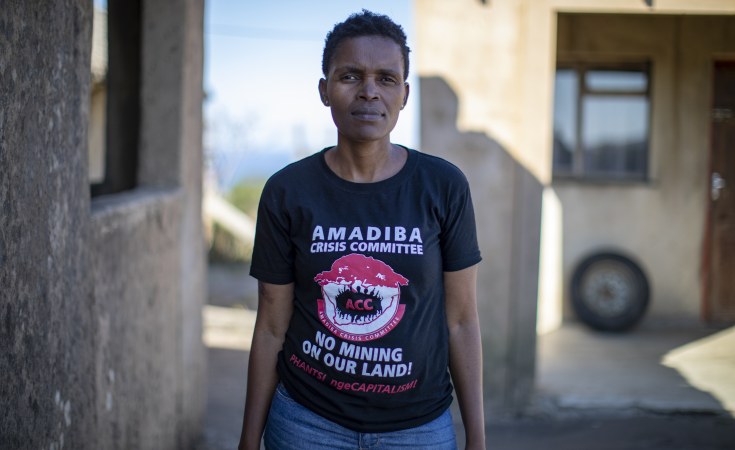Johannesburg — Women activists around the world have been at the forefront of the battle for human rights in 2018, Amnesty International said as it launched the review. The launch marks the 70th anniversary of the Universal Declaration of Human Rights – the first global bill of rights, which was adopted in 1948 by the world's governments.
The human rights group warns that the actions of "tough guy" world leaders pushing misogynistic, xenophobic and homophobic policies has placed freedoms and rights that were won long ago in fresh jeopardy.
The burgeoning power of women's voices should not be underestimated, notes the review. While women's rights movements are well established, female activists have dominated the biggest human rights headlines from the past year.
However, the report notes that we cannot celebrate the "the stratospheric resurgence of women's activism" without addressing the driving force behind why so many women have mobilised to demand change.
"Women's rights have consistently been placed a rung below other rights and freedoms by governments who believe they can pay lip service to these issues while doing little in reality to protect the rights of half the population," said Kumi Naidoo, Secretary General of Amnesty International.
"The report does not reflect well on human rights in Africa and I think the biggest problem that we are facing is impunity, that when people violate rights, they get away it. Often it is government sponsored rights violations in countries like Lesotho, Zimbabwe.
"In other countries it is often the government that is behind all of this and we feel that it's women in particular that are being badly affected by violence, by political violence, by rape and often when you go close to an election in many African countries you'll see there'll be an upsurge of violence amongst communities to intimidate them to vote in a certain direction, there's also an uptake on violence against women in order to send a strong message to communities to behave in a certain way.
So violence is often used as a tool by many governments in Africa to try to get the community to behave in the way they want them to and women often bear the brunt of this. So in our view the state is not good in Africa and we are very concerned that governments are not protecting their citizens in the way that they should, in many cases are involved in violence against citizens," said Shenilla Mohamed, Executive Director, Amnesty International South Africa.
Amnesty International is urging governments to take action to ensure that women's rights are upheld – this includes not only commitments to international standards, but changes to harmful national laws and proactive measures to empower women and protect their rights.


